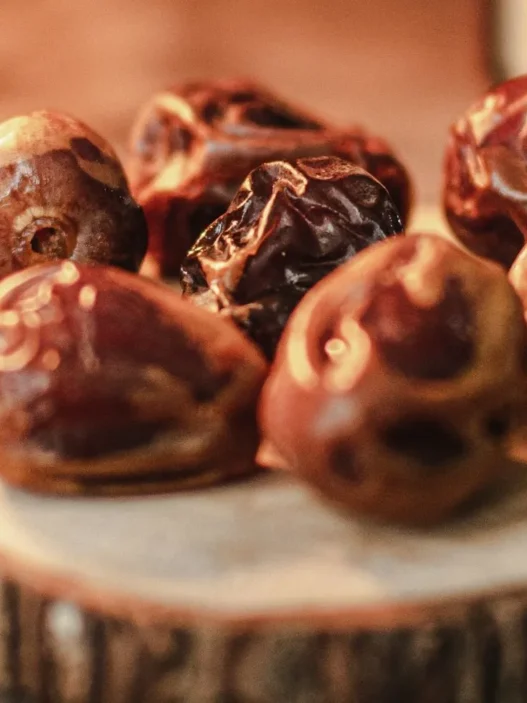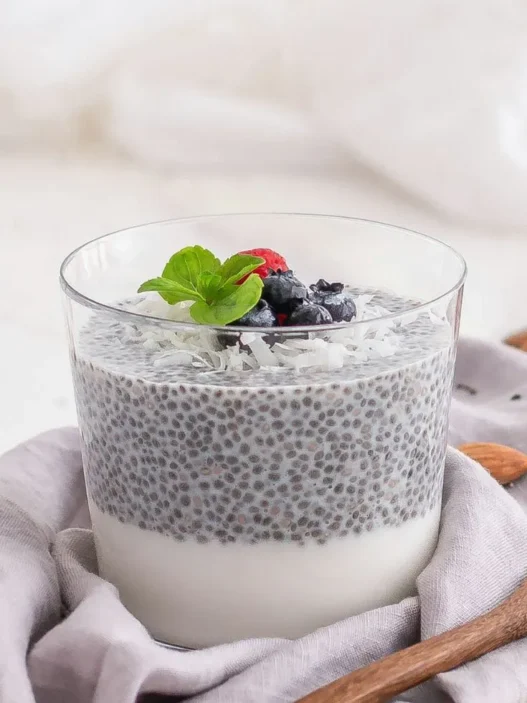Maintaining blood sugar control is part of living well with diabetes. For individuals navigating dietary choices, sweet fruits like dates often raise questions: Are they a good or a bad option for blood sugar? Dates have won the interest of the diabetes community due to their natural sweetness and healthy nutrition. So let’s look at whether dates can fit into a diabetes-friendly diet.
The Nutritional Power of Dates
Dates deliver more than piles of sugar; they are chock full of essential vitamins, minerals, and fiber. Natural sugars, mainly glucose and fructose, make them sweeter. Dates have a GI that is low when it comes to sugar content. As with other low GI foods, dates have a consequent effect on reducing the rapid rise in blood sugar and are, therefore, good for diabetics.
Fiber: The Blood Sugar Regulator
Dates are very important to a person with diabetes owing to their abundance in dietary fibers, soluble and insoluble. Fiber slows down how much sugar is absorbed in the bloodstream and keeps blood sugar regular. Dates are full of fiber that helps you feel satiated and consequently helps with portion control, an important component for diabetics, and helps keep you regular.
Scientific Insights: Dates and Blood Sugar

Lively research shows the impact of data on managing blood sugar. Studies have suggested that consuming dates in controlled portions may:
- Moderate blood sugar spikes.
- Aid your body in doing what it already does, manage glucose.
- Helps fight oxidative stress associated with diabetes.
Growth and blood alcohol analyses indicate dates are nutritious and diabetes-friendly food when appropriately used in the diet, as these findings show.
Moderation Matters
It is a rule of thumb for diabetes moderation, like any food. Dates are powerhouses of nutrients; their natural sugar means smart portioning should be taken with dates. Dates are best to include during a meal or snack as they prevent over-consumption and stabilize blood sugar levels.
Consult Your Healthcare Provider
Individuals with diabetes should consult a healthcare professional or registered dietitian before making dietary changes. It can help you decide how much to eat and how often to eat dates because of everyone’s needs and health goals.
Conclusion
Moderation is key when it comes to using dates as food in a diabetes-friendly way. They are a healthy choice because they have a low glycemic index and high fiber and may help support glycemic control. Dates can be enjoyed with a healthcare professional’s guidance as part of a well-rounded, balanced diet that promotes blood sugar stability and overall health.
With a passion for healthy living, Michael shares insightful articles, delicious recipes, and practical tips to nourish your body and mind.




















